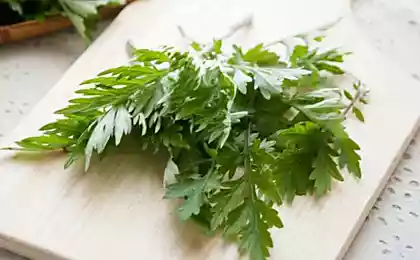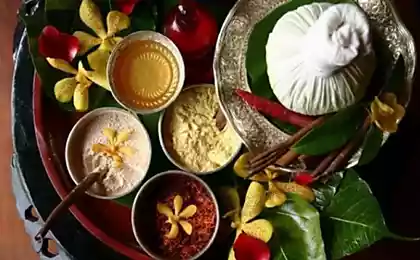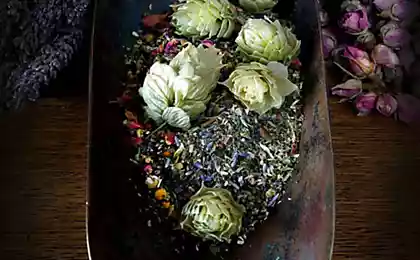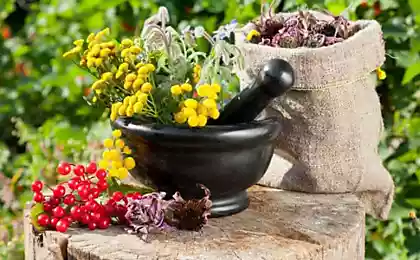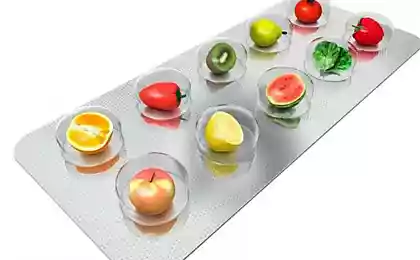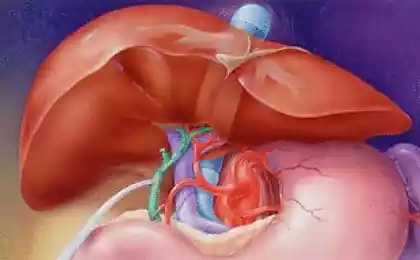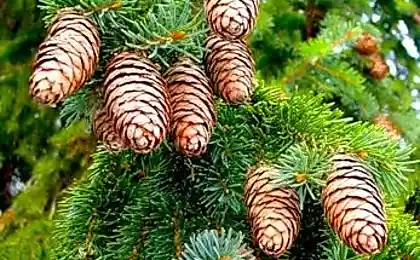532
It is important to know the cases of contra— indications of medicinal herbs

Calamus is not recommended to apply it in therapy if you suffer from gastritis with increased secretion of hydrochloric acid.
Aronia (chokeberry): contraindicated in gastric ulcer and duodenal ulcer, hypotension.
Barbaris – it is impossible to use the tincture of barberry during menopause and pregnancy.
White birch – infusion of birch buds cannot be used for kidney disease.
Helichrysum is contraindicated in hypertension.
Grapes – can not be used for obesity, gastric ulcer and duodenal ulcer, diabetes.
Mustard is not used in inflammatory diseases of the kidneys and pulmonary tuberculosis.
Highlander pepper – do not use in renal disease, especially glomerulonephritis.
Knotweed is contraindicated in pyelonephritis and cystitis, thrombophlebitis.
Persicaria maculosa – do not use during pregnancy.
Garnet – if you decided to use pomegranate juice to treat, before using we recommend to dilute it with water.
Oregano – prohibited for use by pregnant women.
Elecampane is contraindicated in pregnancy and kidney disease.
Melilotus officinalis – prolonged use can cause nausea and vomiting, headache and dizziness.
Golden root is contraindicated with fever, high temperature and hypertension.
St. John's wort – do not use with hypertension, at high temperature. Long-term use of Hypericum in men may experience a decrease in potency.
Berries wild strawberries – not recommended for patients suffering from gastritis and gastric ulcer and duodenal ulcer.
Cranberry should not be used during exacerbation of gastric ulcer and duodenal ulcer.
Kalina is contraindicated for prolonged use.
Galega officinalis is contraindicated in all diseases of the gastrointestinal tract, and hypertension.
Ketonic broadleaf – not used in diseases of the heart, liver and kidneys.
Corn silk should not be used by people with a tendency to thrombosis.
Seaweed is prohibited in inflammatory diseases of the kidneys, during pregnancy and in case of any allergic diseases (kelp is a strong allergen).
Maral root is not indicated for hypertension.
Flax seeds are contraindicated in diseases of the GE-paramiliary system (especially in cholecystitis and hepatitis).
Chinese Magnolia vine – forbidden to use in hypertension, increased emotional excitability, sleep disorders.
Onions – not recommended in acute diseases of the stomach, in the pathology of the liver and kidneys.
Smellage – not recommended for use in pathological conditions of the kidneys.
Raspberry is not recommended if there is a patient such as kidney stones and gout.
Melissa officinalis – it is not recommended for hypertension.
Madder is prohibited to use people who suffer from gastritis with increased secretion of hydrochloric acid, and stomach ulcers.
Carrot is very useful vegetable, but remember that in any case can not eat the part of the root that is above ground and has a greenish color. This is due to the fact that the substances contained in this part of carrots, the negative impact on the activity of the heart.
Juniper is strictly contraindicated in case of acute kidney disease. In chronic diseases of the urinary tract should be monitored closely dose, because any overdose can cause seizure exacerbation and deterioration in the patient's state of health. So if you have an alternative method of treatment, refrain from the use of juniper in General (this applies only to those people who suffer from chronic diseases of the urinary tract).
Contraindications to herbs. Sedum – carefully follow the dosage as the overdose leads to high blood pressure.
Curly parsley – not used in treatment of diseases during pregnancy. If you suffer from acute inflammatory diseases of the kidneys and bladder, use parsley only in training camp.
Shepherd's purse – not used by those patients who have a tendency to thrombosis.
Psyllium is contraindicated in gastritis with increased secretion of hydrochloric acid.
Parsnip – therapy should be careful to remember that upon contact of the wet leaves of the parsnip with the skin can cause burns.
Ruta odorous – contraindicated in pregnancy.
Contraindications to herbs. Black radish is contraindicated in ulcer disease of stomach and duodenum in various diseases of the gastrointestinal tract inflammatory nature.
Rhubarb – do not use in acute inflammatory diseases of the stomach and intestines, intestinal bleeding, and also during pregnancy.
Licorice – has no obvious contraindications. Only the prolonged use of observed fluid retention in the body, until the appearance of edema. This leads to increased blood pressure. There may also be disturbances in the sexual system.
Securinega subshrub is contraindicated in atherosclerosis, hypertension, and inflammatory diseases of the kidney.
Thyme is contraindicated in arteriosclerosis of the cerebral vessels and vessels of the heart, is not being used it also in cases if the patient has disease of the stomach, liver and kidneys.
Tomatoes in canned form is contraindicated in kidney disease.
The prickly Thistle is not applied to arterial hypertension.
Bearberry – is not used in diseases of the gastrointestinal tract.
Viola (Pansy) – has no specific contraindications, but with prolonged use there is an accumulation of active substances in the body, leading to overdose. This is manifested in the form of dyspepsia – digestive disorders (nausea, vomiting, diarrhea), and allergic rash all over the body.
Horseradish should not be used in acute and chronic diseases of the digestive system and kidneys.
Horsetail is not recommended for use in inflammatory diseases of the kidney.
Chicory – is contraindicated in acute diseases such as gastric ulcer and duodenal ulcer.
Garlic – can not be used for people with epilepsy and inflammation of the kidneys and in acute diseases of the gastrointestinal tract.
Sorrel sour – not applicable for kidney disease and gout.
The sorrel horse is not used in violation of salt metabolism, such as rheumatism and gout. And when inflammation of the intestines and tuberculosis.
Siberian ginseng – not used for hypertension.
Apples – not to eat with gastritis with increased secretion of gastric juice, as well as in exacerbations of peptic ulcer disease of the stomach
source: skylineru.net
Source: /users/1077
